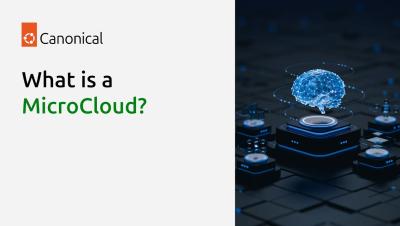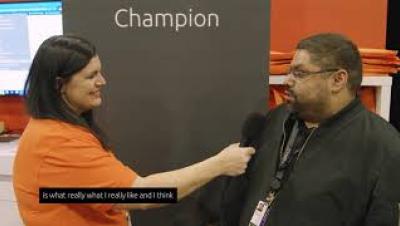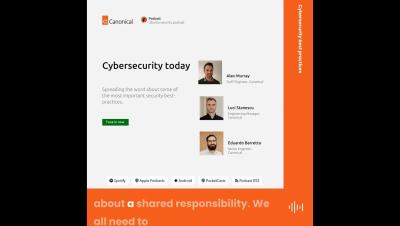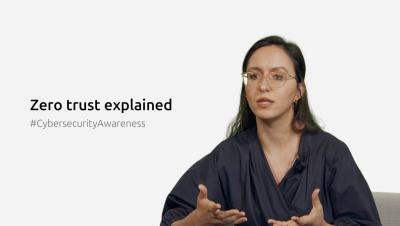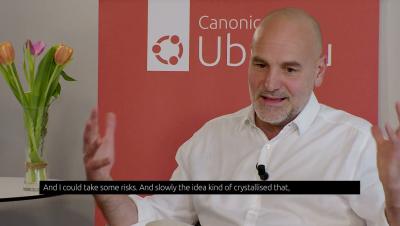MicroCloud LTS Demo
Canonical MicroCloud’s 2.1.0 LTS release features support for single-node deployments, improved security posture, and more flexibility during the initialization process. In this video we guide you through the new process, starting with deploying a MicroCloud on a single node, and then expanding with two additional members for a highly available cluster. Follow along and try it yourself.



